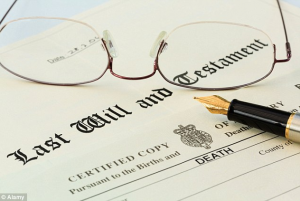If you give away your home as a gift to your children and move to another property, there is no need to pay any Inheritance Tax for this. However, for this, you need to live for at least a period of 7 years after you make this gift.
Inheritance Tax would be applicable to the property if you give it to your children but continue to live in it. The gift would have a reservation of benefit element attached to it. However, you may visit or stay in the house for specific periods.
If you give away the property to your children, continue to live in it and pay a market rent, you need not bother about Inheritance Tax. However, your children may have to pay Income Tax in such a circumstance.
If you gift your primary residence to your children, you need not pay any Capital Gains Tax. However, if it is your second home and its value has increased from when you acquired it, you may have to pay this tax.
 There is no necessity for your children to pay any Capital Gains Tax on the property they receive unless they dispose of (sell, exchange or give away) this second home at a greater value than the value of the property when they acquired it.
There is no necessity for your children to pay any Capital Gains Tax on the property they receive unless they dispose of (sell, exchange or give away) this second home at a greater value than the value of the property when they acquired it.
It is also possible to sell off the property and gift the money to your children, in which case there is no need to pay Inheritance Tax. However, you have to survive for 7 years after this gifting.
You may also sell off your primary home, gift the money to the children and then start to live with them. While there would not be Capital Gains and Inheritance Tax implications, there may be Income Tax implications as you are considered as living in a pre-owned asset.
You and your children may also sell off their houses, combine the money and buy a single property as joint tenants. In such a circumstance, you may have to pay Inheritance Tax for the portion of the property you own.
It is a good idea to discuss your circumstances and your options before you take any step.
